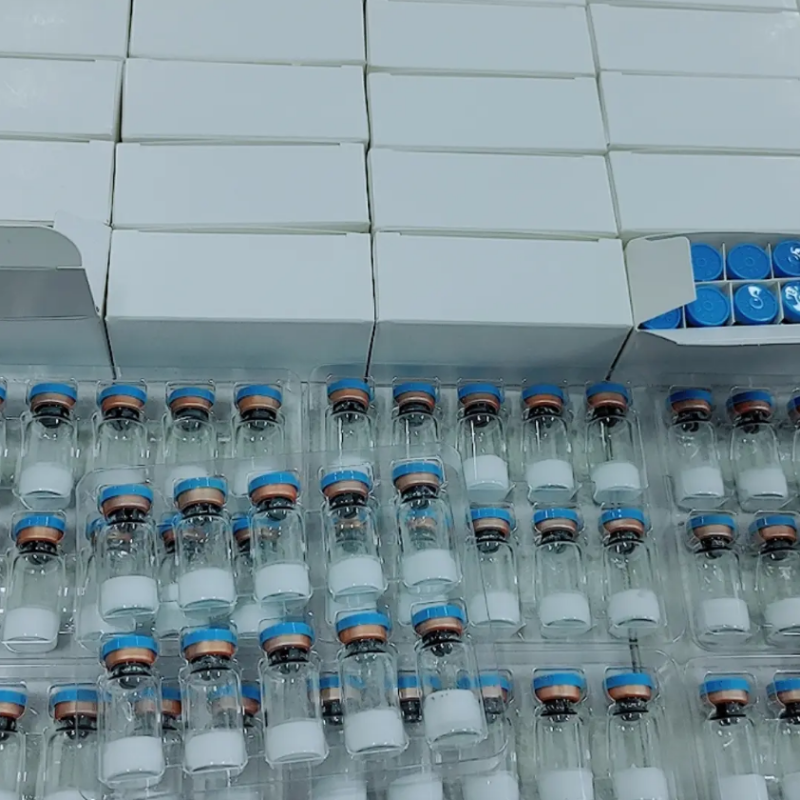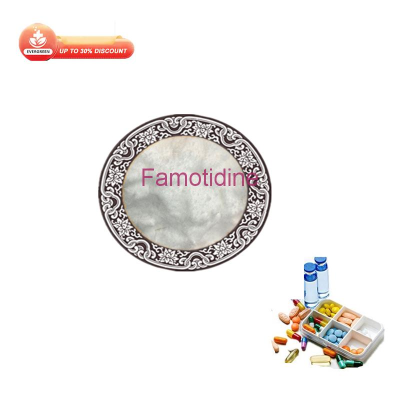-
Categories
-
Pharmaceutical Intermediates
-
Active Pharmaceutical Ingredients
-
Food Additives
- Industrial Coatings
- Agrochemicals
- Dyes and Pigments
- Surfactant
- Flavors and Fragrances
- Chemical Reagents
- Catalyst and Auxiliary
- Natural Products
- Inorganic Chemistry
-
Organic Chemistry
-
Biochemical Engineering
- Analytical Chemistry
- Cosmetic Ingredient
-
Pharmaceutical Intermediates
Promotion
ECHEMI Mall
Wholesale
Weekly Price
Exhibition
News
-
Trade Service
*For medical professionals only, early
prevention!
chance of colorectal cancer than people without the disease.
Study screenshots
of how other bacteria can cause these diseases.
Sears, a professor of medicine and oncology at the Johns Hopkins University School of Medicine in Baltimore, said
.
The team grew each of these bacterial strains in laboratory dishes containing DNA and identified 18 strains
that damaged genetic molecules.
From these strains, the scientists identified individual molecules produced by the bacteria and tested which ones caused DNA damage
.
This study shows:
prevention!
Executive Summary
chance of colorectal cancer than people without the disease.
Study screenshots
status quo
of how other bacteria can cause these diseases.
Sears, a professor of medicine and oncology at the Johns Hopkins University School of Medicine in Baltimore, said
- We have a wealth of data—and this is just another "supplemental" data—linking the microbiome to colon disease and colon cancer
.
In the long term, this direction of research could lead to screening tools that help doctors identify patients at high risk of colon cancer by simply taking stool samples
.
It may also lead to preventive treatment that reduces the abundance of cancer-associated bacteria in a patient's gut, thereby reducing their risk
of disease. - We certainly know these clinical associations, but we don't know how to prevent them, or disrupt them, to reduce the risk of
cancer. - We need to figure out at the molecular level what the medium is so that we can bring something to the
bedside for the patient.
conclusion
.
The team grew each of these bacterial strains in laboratory dishes containing DNA and identified 18 strains
that damaged genetic molecules.
From these strains, the scientists identified individual molecules produced by the bacteria and tested which ones caused DNA damage
.
This study shows:
- Not only did they discover indomolin, but they identified the bacterial gene needed to make them: the so-called aspartate aminotransferase (AAT) gene, which codes for an enzyme
. - In mouse models of colorectal cancer, strains of the AAT gene exacerbated tumor growth
. - But by removing this gene from the bacteria, the team stopped the manufacture of indololimus, which stopped the cancer from growing
.
prospect
- In the study, the researchers used "gnotobiotic" mice, meaning they picked exactly which bacteria would grow in rodents, but currently only included seven other bacteria
that were not genotoxic. - More work is needed to understand the prevalence of different types of IBD and colorectal cancer
. - Follow-up studies also need to pinpoint exactly how indomorin causes DNA damage compared to other genetic toxins, and how much
influence these molecules have on cancer development.
Click "Read Original" to get more clinical dry goods







